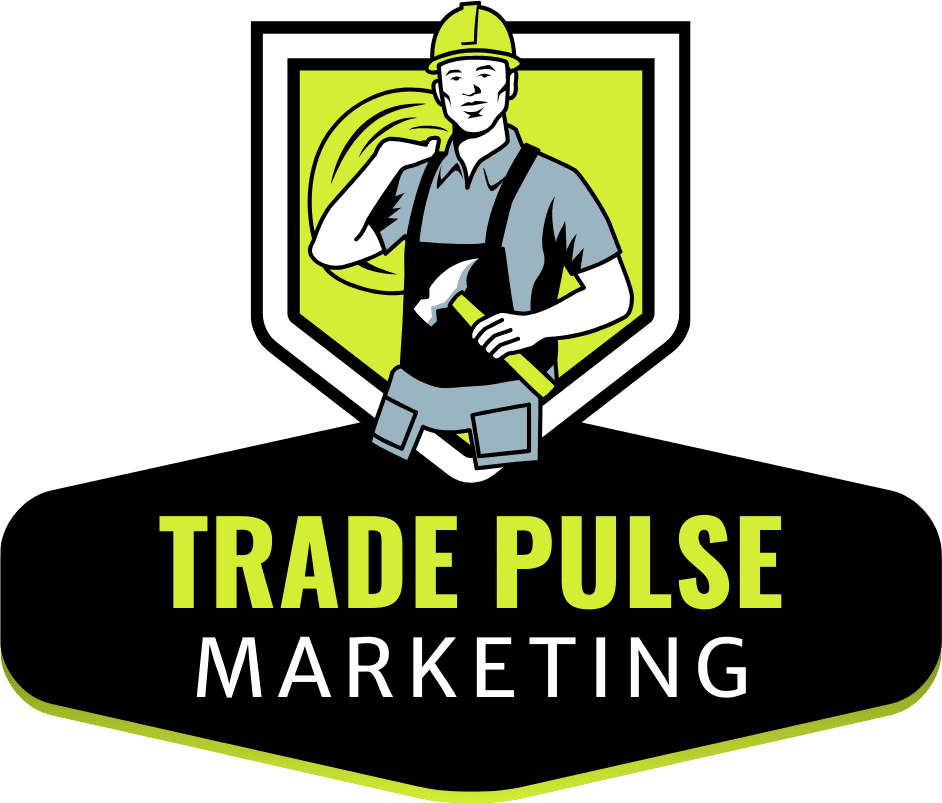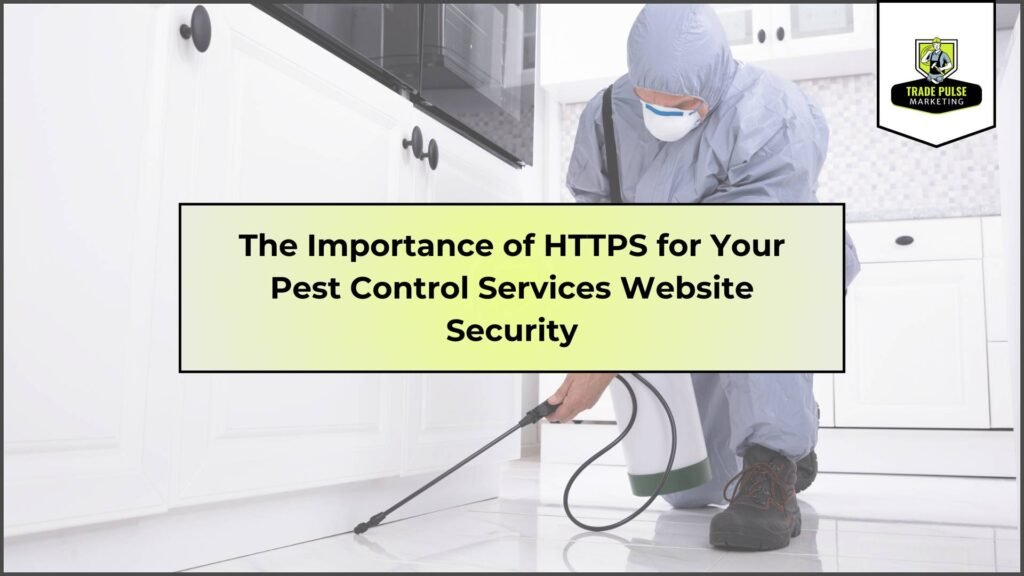Introduction to HTTPS for Pest Control Services Websites
In today’s digital world, securing your pest control services website with HTTPS is more important than ever. HTTPS, which stands for HyperText Transfer Protocol Secure, safeguards the information exchanged between your site and its visitors. When potential customers visit your site, they want to feel confident that their data is protected, especially if they’re sharing sensitive details like contact information or payment data.
By adopting HTTPS, you’re not only enhancing security but also building trust with your audience. Search engines recognize secure sites and may boost your visibility in search results, making it easier for customers to find your services. In a competitive market, having a secure website can set you apart and demonstrate your commitment to professionalism. With HTTPS, you ensure that every interaction with your site is safe, helping you foster lasting relationships with your customers.
Why HTTPS is Critical for Pest Control Services Website Security
When you visit a pest control services website, you want to know your information is safe. That’s where HTTPS comes in. It secures your connection, ensuring that sensitive data, like your contact details, is encrypted and protected from prying eyes.
For pest control businesses, using HTTPS builds trust with customers. It shows you’re serious about their safety and privacy, which can lead to more inquiries and bookings. Google also favors HTTPS sites in search rankings, helping more people find your services.
In today’s digital world, prioritizing HTTPS isn’t just smart; it’s essential. By ensuring your pest control website is secure, you’re not only protecting your clients but also enhancing your credibility. So, before you click “publish,” make sure your site is HTTPS-enabled for a safe and confident customer experience!
How to Implement HTTPS on Your Pest Control Services Website
Implementing HTTPS on your pest control services website is essential for protecting your customer’s information and boosting your credibility. Here’s how to do it:
1. Choose a Reliable SSL Provider: Start by selecting a trusted SSL certificate provider. They offer different options based on your needs.
2. Install the SSL Certificate: Follow the provider’s instructions to install the certificate on your web hosting server. Many hosting services offer a one-click SSL installation.
3. Update Your Website Links: Ensure all links on your site point to HTTPS instead of HTTP. Update your internal links to prevent security warnings.
4. Redirect HTTP Traffic: Set up 301 redirects to guide visitors from the insecure HTTP version to the secure HTTPS version of your site.
5. Test Your Setup: Use online tools to check for HTTPS implementation and any mixed content issues.
By prioritizing HTTPS, you’ll enhance your site’s security and improve user trust, making it easier for customers to choose your pest control services.
Impact of HTTPS on SEO and User Trust for Pest Control Services Websites
Using HTTPS on your pest control services website is crucial for both search engine ranking and customer trust. When your site is secure, search engines like Google prioritize it, boosting your visibility online. Customers feel safer sharing personal information, knowing that their data is protected.
In the pest control industry, where the nature of your services may involve sensitive information, security can influence potential clients’ decisions. When users see that HTTPS is in place, they’re more likely to trust your expertise and choose your services over competitors who may not use it.
By embracing HTTPS, you not only enhance your site’s credibility but also show that you care about user safety. This commitment can make a lasting impression on your audience, positioning you as a reliable authority in pest control solutions. So, if you haven’t made the switch yet, now is the perfect time to prioritize your website’s security!
Monitoring and Maintaining HTTPS Security for Pest Control Services Websites
To keep your pest control website secure, regular monitoring and maintenance of HTTPS is essential. HTTPS encrypts the data between your site and your visitors, ensuring sensitive information, like booking details, stays safe. Start by checking your SSL certificate’s expiration date to avoid any service interruptions. Regularly review your website for vulnerabilities that could threaten security. Update your website’s software and plugins to the latest versions for optimal protection.
Encourage customers to always access your site through the HTTPS URL. This builds trust and reassures them that their information is protected. By prioritizing HTTPS, you not only keep your business secure but also enhance your credibility online. Remember, a secure website reflects your professionalism and care for your customers’ safety. Stay vigilant and proactive, and your pest control service will benefit greatly from the confidence that HTTPS provides.
Conclusion on the Importance of HTTPS for Pest Control Services Website Security
In today’s digital age, having HTTPS for your pest control services website is essential for protecting your business and your customers. This secure protocol ensures that sensitive data remains confidential, fostering trust with your visitors. When potential clients see that your site is secure, they feel safer sharing their information, which can lead to more inquiries and increased sales.
Moreover, search engines favor HTTPS websites, which can improve your visibility online. Remember, a secure website not only safeguards your clients but also elevates your brand’s credibility in a competitive market.
If you’re looking to enhance your website’s security and effectiveness, consider speaking with a professional. Schedule a free strategy call with Trade Pulse Marketing today and take the first step towards a safer, more trustworthy online presence!

